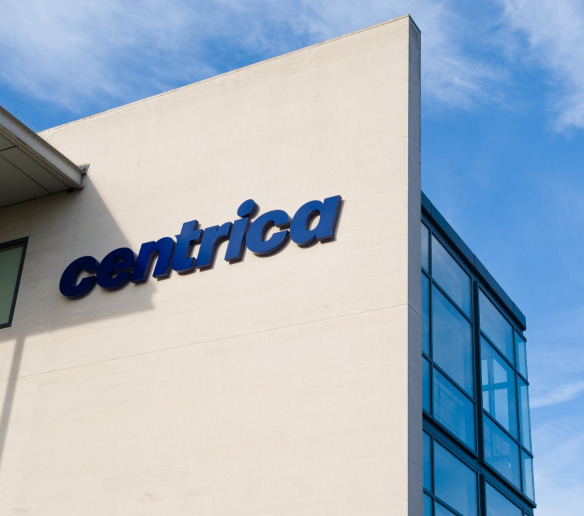Centrica’s profits have continued to surge, with its adjusted operating profit increasing more than five-fold over the first six months of 2022 in comparison with the previous year.
The company’s adjusted operating profits for the first half of this year grew to £1,342 million, up from £262 million in 2021. Meanwhile its adjusted EBITDA more than doubled from £682 million to £1,660 million.
Centrica’s earnings were bolstered by the completion of the sale of Spirit Energy Norway and the Statfjord field in May, which resulted in a £0.8 billion reduction in gross decommissioning liabilities.
It noted the impact of strong upstream volumes against a backdrop of higher commodity prices, as well as the increased commodity volatility that has been handled by the company’s Energy Marketing & Trading team having boosted its results.
Its H1 2022 net cash sat at £316 million, compared to net debt of £93 million at H1 2021.
“The past year has demonstrated the importance of well-funded, well-run energy companies,” said Chris O’Shea, group chief executive of Centrica.
“We’ve made significant progress de-risking the Group and building a stronger business for the benefit of all stakeholders. This strength has allowed us to lead the industry in measures to protect and support customers through the most challenging energy crisis in living memory and the benefit of our balanced portfolio can be seen in our first half performance. We expect this to continue into the second half, underpinning continued investment in customer service and elsewhere in our portfolio.”
The Centrica Group’s total free cash flow from continuing operations sat at £643 million for H1, up from £524 million for the same period in 2021. Its statutory net cash flow from operating activities was £165 million, down from £558 million and including a margin cash outflow of £519 million.
Its adjusted basic earnings per share have jumped from 1.7p to 11.0p, while its statutory earnings attributable to shareholders flipped from -£864 million to £1,351 million.
Centrica’s surging profits come amidst the backdrop of the continued energy crisis in the UK, with new research from the BFY Group suggesting the price cap will jump to £3,420 and £3,850 for the Q4 22 and Q1 23 price cap periods respectively. As such, the average household could be paying £500 a month for energy bills come January.
“We are very aware of the difficult environment many customers are facing and we will continue supporting them,” added O’Shea.
“We are investing in our customers and colleagues, creating at least 500 additional UK-based customer service roles in British Gas Energy and 1,000 new UK engineering apprenticeships, while through the British Gas Energy Support Fund we are providing grants to help customers pay their energy bills.”






